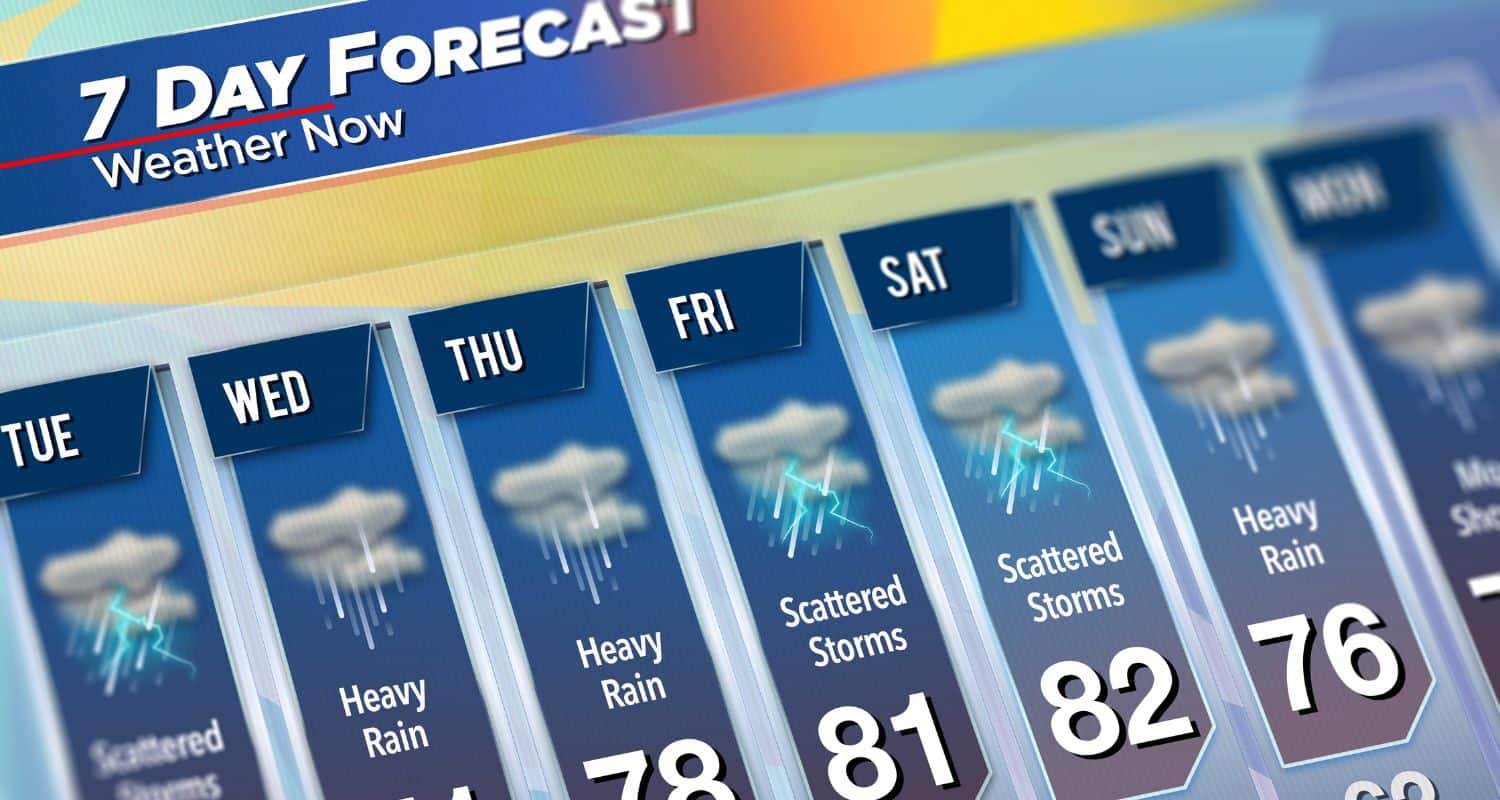
Weather preparedness is important no matter where you live. From forest fires to hurricanes, we are all exposed to the dangers of extreme weather at times. For those living with hearing loss, staying safe requires a bit more planning. Let’s review some important weather preparedness tips for those with hearing impairment.
Have a Plan
While weather can certainly be unpredictable at times, there are still ways to prepare for uncertainty. Know your area and what types of weather events are common and possible. In some parts of the country, that might include hurricanes, and in others blizzards. Tornadoes and wildfires are major weather events that are more common in some parts of the country but are possible anywhere.
While major weather events pose their own risks, sometimes everyday weather can lead to damage as well. Lightning in a rainstorm can be deadly, and rain that falls fast can lead to flooding. Recognizing these everyday dangers is important in order to take the steps necessary to prepare.
For all of the above events and many more, it’s a good idea to have an emergency kit in place. There are numerous items that should be included in a general emergency kit for everyone, however this list provides the extra items that people with hearing loss should include in their emergency kit.
- Flashlight with replacement batteries– Being able to see is important, particularly for those with hearing loss. When the power goes out, a flashlight and spare batteries will be important, not just for moving around the house, but also for communicating for those who read lips.
- Batteries for hearing devices– This might be something you don’t think about, but if there’s water damage or you are evacuating your home, having spare hearing aid batteries or the ability to charge your devices will be vital. Make sure to include extra batteries in your emergency kit.
- Waterproof case for hearing devices– In the event of flooding or any water exposure, make sure to have a waterproof case in which to store your hearing devices. Many hearing aids are not waterproof or even water resistant, so keep them safe in a waterproof case.
- Paper and pen– In the event you have difficulty communicating, having a paper and pen handy can make you safer in a life and death situation. The paper and pen will allow another person to communicate effectively with you when hearing is a challenge.
- Whistles– Whistles are a vital tool for signaling distress in emergencies and helping rescuers get to your location.
Resources for Weather Preparedness
In addition to having an emergency kit prepared, there are resources you can use to stay informed before, during, and after major weather events.
Signs– For the hearing impaired, signage is important. Be aware of your surroundings and read posted signs. For example, recently the signs saying “When the thunder roars, go indoors” were changed to say “See a flash, dash inside.” This change was made to accommodate, include, and inform the hearing-impaired population about lightning safety.
Alarms- Another important step to take in your home is to have fire alarms changed to flash rather than relying on sound alone. Smoke and carbon monoxide alarms for the hearing impaired are available that use lights and vibrations to alert residents.
Communicate– In many weather events, we rely on our communities and neighbors to help us through the storms and in the recovery process afterward. Make sure to communicate with your neighbors and inform them of any limitations or fears you may have regarding weather events. Ask them to keep you informed via text messages or in person.
Furthermore, you can let your local fire stations know of your hearing impairment. In an emergency, they will know not to just knock on the front door but to take necessary measures to make sure you are either evacuated or safe.
Lastly, in many emergencies, your local government may use sign language interpreters or post scrolling text on the television to keep the hearing-impaired community informed during a disaster.
Weather preparedness is important for everyone but maybe even more so for those with hearing loss. Staying informed, having a plan, and knowing your local resources will help to keep you safe.
Stay Up to Date with Your Devices
Hearing aid wearers are well aware of the important role their devices play in their everyday lives, as well as in their overall health and well-being. Hearing aids require regular maintenance and upkeep to function at their best. If you require repairs or are looking for an upgrade, contact us today.
